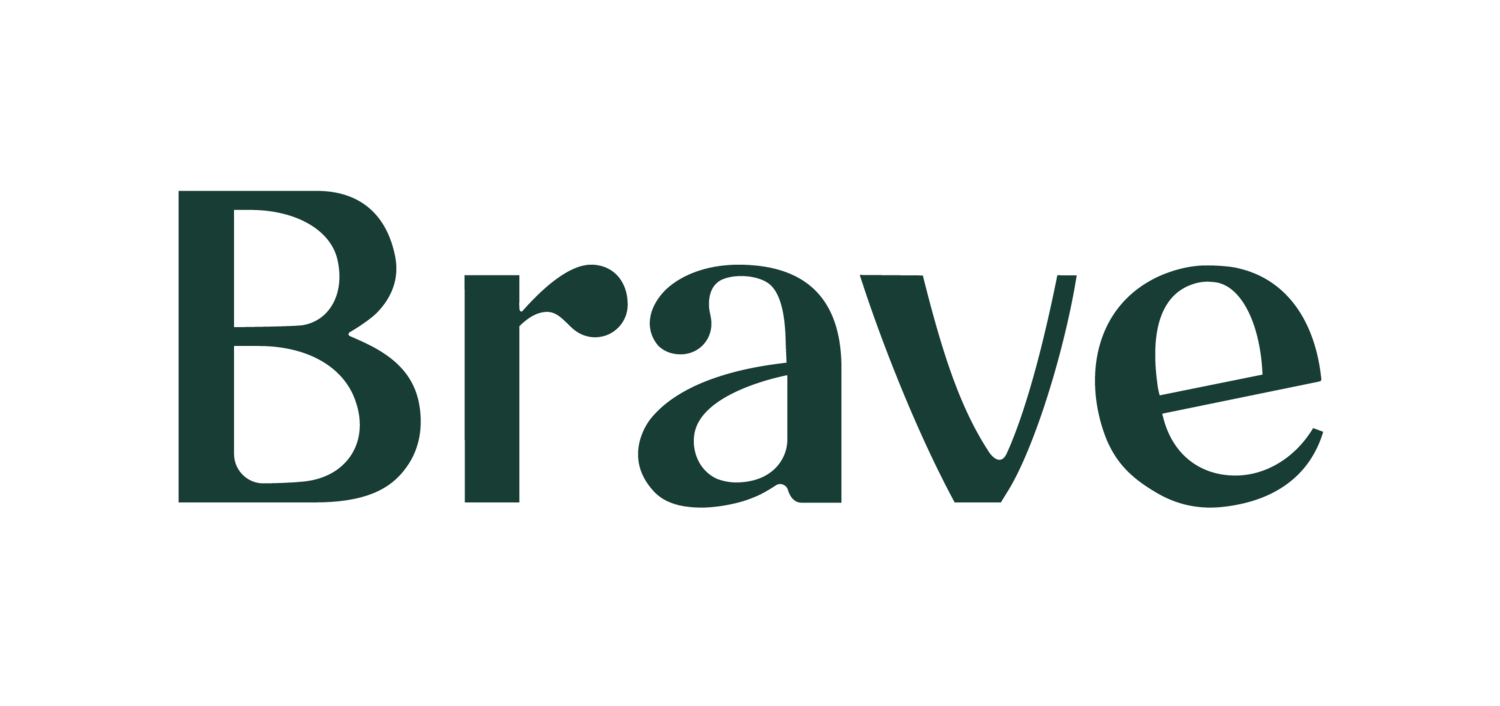The Other Big B: Boundaries
As individuals in an organization known as Brave, we’re quite fond of the letter B! We chose Brave to encompass our practice because we know all about the messiness of life, the courage it takes to live deeply in it and work to become better humans.
However, there’s another big B word that we’re quite fond of: BOUNDARIES. Boundaries are a cornerstone of improving your mental health!
In the dictionary, boundaries are defined as “the limit of the sphere of activity.” From a mental health standpoint, boundaries are simply a declaration of behavior you will and will not tolerate in your relationships with others and also with yourself. Boundaries can be as simple as telling a child to take off shoes before coming in from the outdoors, or they can also be Big Scary Uncomfortable Things that can change a relationship for worse, or as we’ve often found, better! In today’s blog, we’ll be talking about why boundaries are so difficult, and some methods to change your mindset about setting them with those around you.
Why do we have such trouble setting boundaries?
Often, we have difficulties with boundaries when our self-worth is suffering. For instance, we may not be proud of our performance at work, so we’ll say yes to that extra project even though it means more time in the office and less leisure. We may feel bad about something we said to our friend, so we won’t speak up when they call us at 11pm to “talk something through.” When we don’t see ourselves or our own time and space as valuable, we’re inclined to let others seep into it to suit their own needs, even though it may not be the best choice for us.
Boundaries with colleagues
Work relationships often come with built-in boundaries, thanks to things like human resources professionals and employee handbooks. These boundaries are already there to spell out working hours and conditions, acceptable performance metrics - even where you sit at lunch! However, many work cultures do still make maneuvering boundaries difficult. You may have a chatty coworker that comes by your desk to gab for 20 minutes when you’re trying to complete an important project. It’s important to remember only YOU know your limits. If you need to leave at 5pm and everyone else stays past till 6, only you know if that is something you can deem acceptable or not. Avoid comparing yourself to other people as much as possible: no one else is you!
Boundaries with loved ones
Our parents and siblings might have modeled boundaries for us when we were young. If you grew up in a household where people would often “just stop by,” or where doors were never closed, you may have problems telling people your preferences today! On the flip side, if you grew up with strict parents who were quick to tell you what you could or could not do, you might have a harder time operating in a situation where limitations are not very clearly spelled out.
If you have chosen to have different boundaries than your parents, spouses, or friends, it can be difficult to explain that your preferences are not the same as them. You may hear phrases like “we’ve always done it this way” or “why are you suddenly being difficult?”
Know that it takes practice to work through the guilt and fear that comes with honoring your own limits, especially when other people may think we’re not making the right decision! As hard as it may be, know that you can trust your own wisdom. You do not have to explain your reasoning to other people, even though they may ask.
Boundaries with yourself
Setting boundaries with yourself may be the most important inner work you take on! As we grow as individuals, we are able to recognize the areas where we struggle. For example, you may notice that you spend way too much money eating out. Setting a boundary with yourself could be to withdraw a certain amount of money from the ATM to use on eating out - and when it’s gone, it’s gone! It’s important to try not to set too many boundaries with yourself at once. Also, practice self-compassion when you mess up - it’s normal! Having the awareness to know your weak spots is the key to making improvements in your life.
We’ll be expanding on each of these areas in the next few months on this blog, because we know they can be especially tricky things to navigate during the holiday season! Until then, know that all the members on the Brave team have a ton of experience helping their clients learn to set better boundaries. We’d love to work on this with you too!
